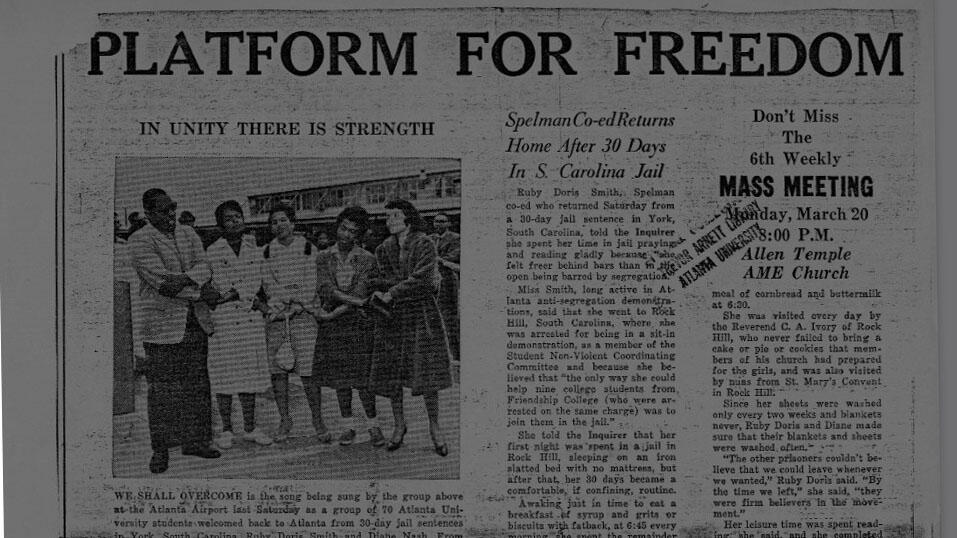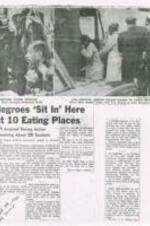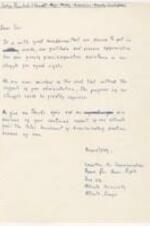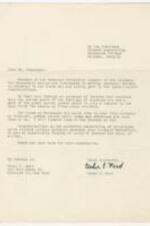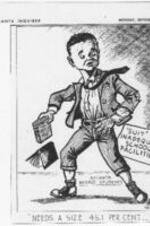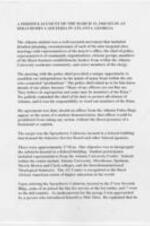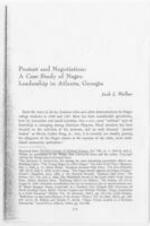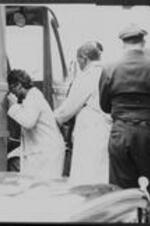Atlanta Student Movement Collection
Atlanta Student Movement Collection
Atlanta Student Movement Collection
Atlanta Student Movement Collection
Atlanta Student Movement Collection
Atlanta Student Movement Collection
Atlanta Student Movement Collection
Atlanta Student Movement Collection
Atlanta Student Movement Collection
Atlanta Student Movement Collection

